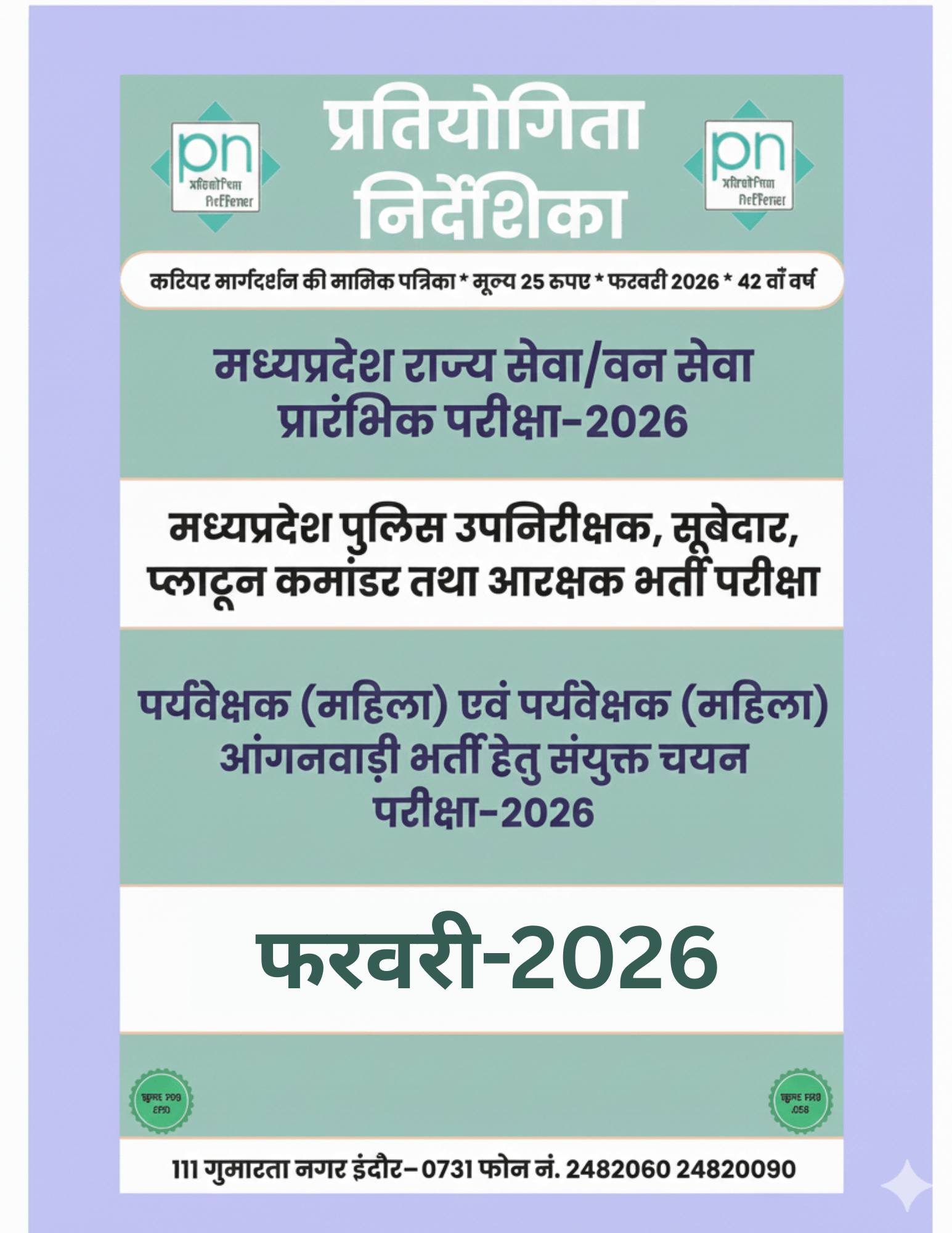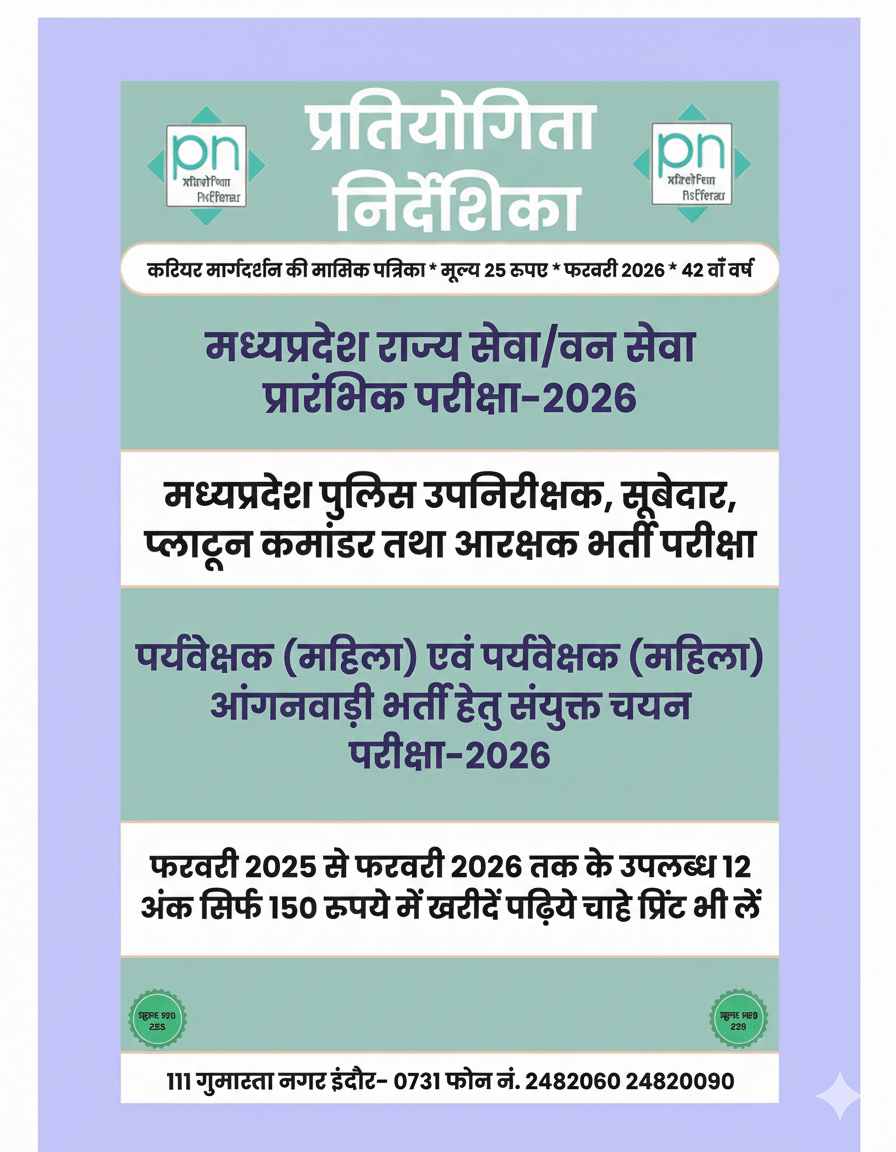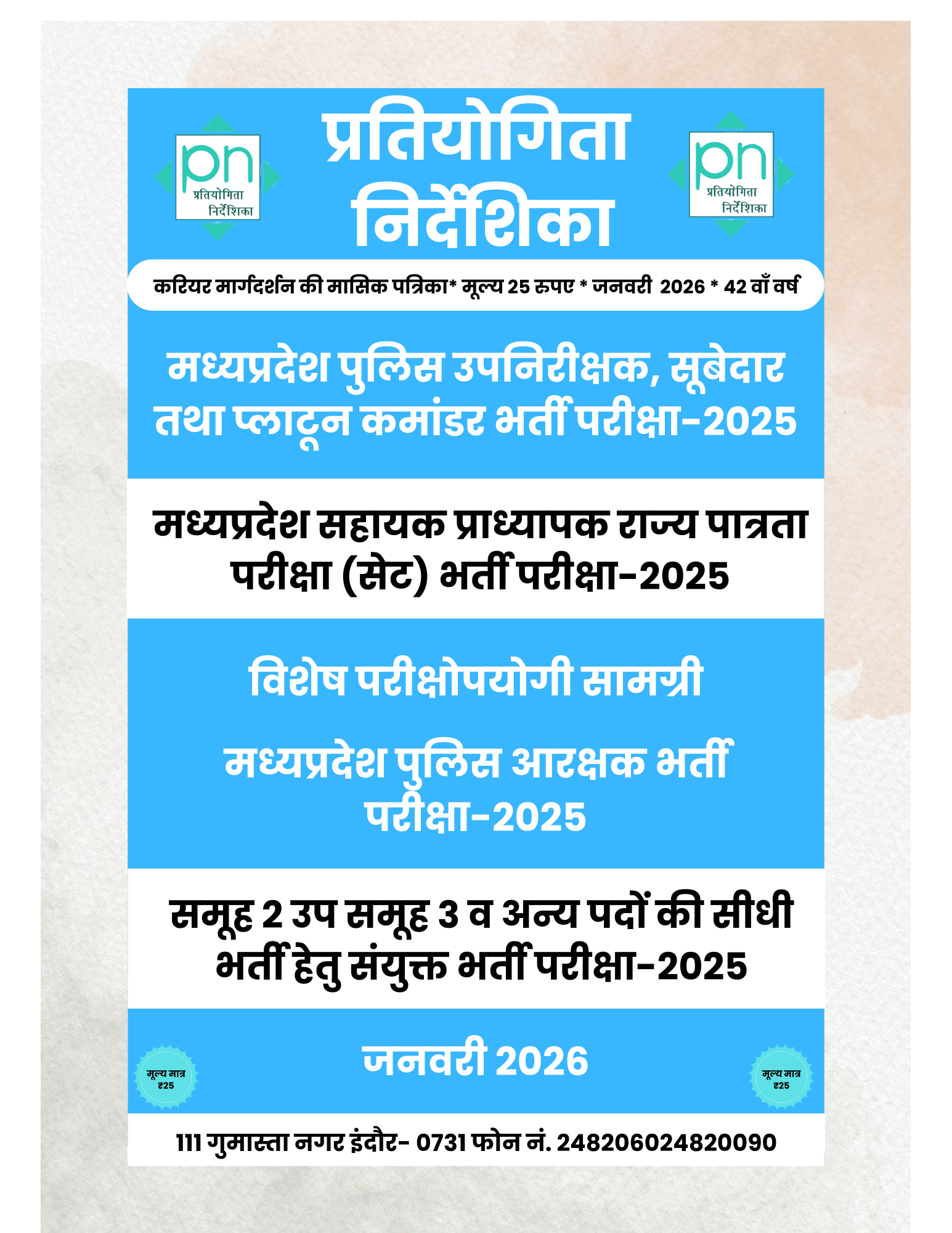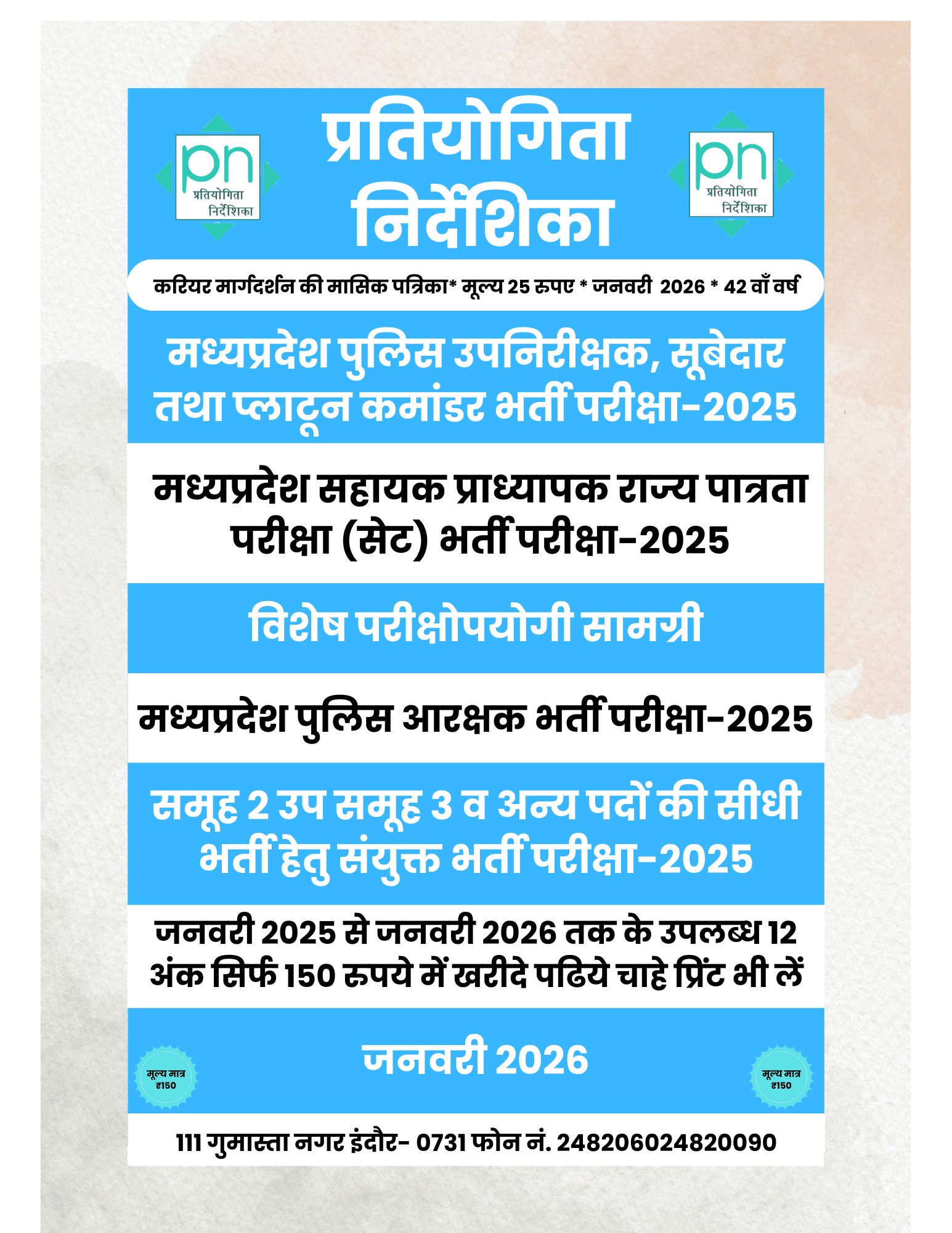The Ministry of Health and Family Welfare (MoHFW), Government of India, in collaboration with the Asian Development Bank (ADB), inaugurated the Climate & Health Solutions (CHS) India Conclave in Delhi. The two-day conclave aims to address the dual emergencies of climate change and public health by bringing together policymakers, experts and stakeholders to develop actionable strategies for India’s health sector.
In his keynote address, Shri Apurva Chandra, Secretary, Ministry of Health and Family Welfare, highlighted the urgent need to incorporate climate considerations in health planning. He said, “The Climate and Health Solutions India Summit is a testament to our commitment to building climate-resilient health systems that meet the unique needs of developing countries like ours. India is leading by example by incorporating climate considerations into its health policies and emergency response mechanisms.”
Shri Apurva Chandra further added, “We are proud to collaborate with the Asian Development Bank and other global partners to ensure that our health sector is able to cope with unpredictable climate impacts and support sustainable development for all. Together we can achieve the vision of ‘One Health, One Family, One Future’.”
Ms Punya Salila Shrivastava, OSD, Ministry of Health and Family Welfare, while addressing the gathering, highlighted the steps taken to integrate climate considerations into health planning. He said, “India has taken proactive steps to integrate climate change considerations into its public health policies. A key moment in this journey was the creation of the Mission on Climate Change and Health under the Prime Minister’s Council on Climate Change almost a decade ago. In 2019, the Ministry of Health and Family Welfare launched the National Programme on Climate Change and Human Health (NPCCHH) under the National Health Mission.”
He further said that India’s National Action Plan on Climate Change and Health has laid out a blueprint for almost all States and Union Territories to develop their own State Action Plans. The next ambition for a whole of government and whole of society approach is that each district assesses its vulnerability and develops climate change and health action plans.
In his presidential address, Shri Amitabh Kant, G20 Sherpa, Government of India, emphasized the importance of India’s leadership, scale and size in demonstrating leapfrogging of development pathways at the intersection of climate change and health for India and the world and said, “As we face rising temperatures, unpredictable weather patterns and increasing burden on healthcare systems, it is critical that we build integrated, sustainable solutions that protect the health of our people and our planet. India’s leadership through the G20 Presidency has been instrumental in bringing this issue to the global stage and through collaboration with key partners such as the Asian Development Bank, we have a unique opportunity to shape resilient and adaptive health systems. Together, we can chart a path that ensures the well-being of future generations while addressing the urgent imperatives of climate action.”
Ms. Leena Nandan, Secretary, Ministry of Environment, Forest and Climate Change, discussed India’s progress on sustainable development and the country’s commitments towards climate and environmental goals. Underlining the importance of inter-sectoral collaboration to achieve climate resilience, she said, “We need comprehensive planning to address the challenges posed by climate change, especially in areas such as health and resource management. Health system readiness is critical to adopt and ensure a coordinated, holistic and comprehensive approach.”




